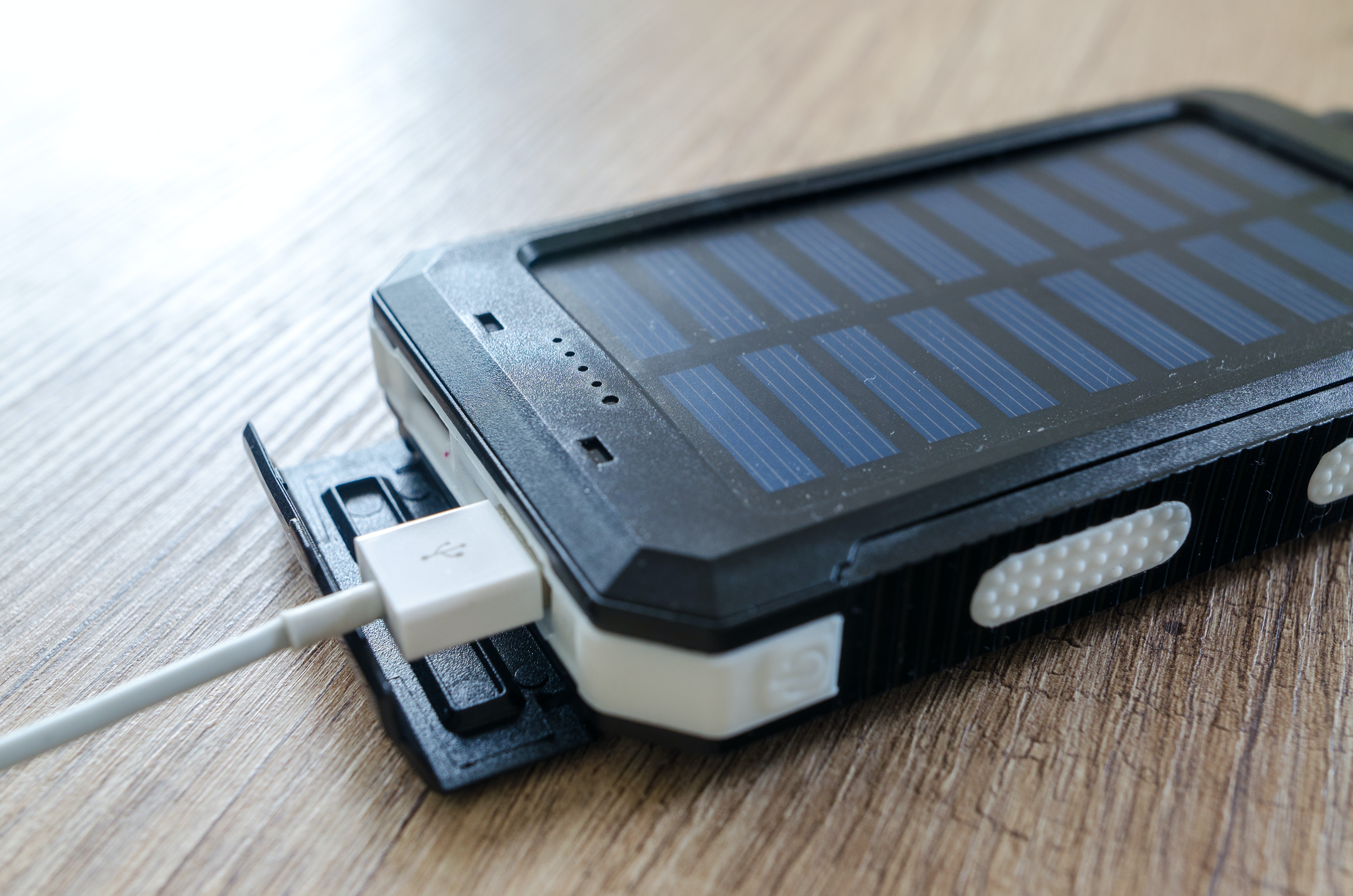Solar energy is a clean, renewable source of energy that can help you save money on your electric bill and reduce your carbon footprint. However, solar energy is only available when the sun is shining, so you need a way to store the energy for use when the sun isn’t out.
There are a number of different solar energy storage options available, including batteries and thermal storage systems.
Batteries
Batteries are the most common type of solar energy storage. They work by converting the sun’s energy into electricity, which is then stored in the battery. When you need electricity, the battery can release it back into your home’s electrical system.
There are a number of different types of batteries available, including lead-acid batteries, lithium-ion batteries, and flow batteries. Lead-acid batteries are the most common type of battery, but they are also the least efficient. Lithium-ion batteries are more efficient than lead-acid batteries, but they are also more expensive. Flow batteries are the most efficient type of battery, but they are also the most expensive.
Thermal Storage Systems
Thermal storage systems work by storing heat from the sun. This heat can then be used to provide hot water or space heating.
There are a number of different types of thermal storage systems available, including water tanks, molten salt tanks, and phase change materials. Water tanks are the most common type of thermal storage system, but they are also the least efficient. Molten salt tanks are more efficient than water tanks, but they are also more expensive. Phase change materials are the most efficient type of thermal storage system, but they are also the most expensive.
The type of solar energy storage system that is right for you will depend on your individual needs and budget. If you are looking for a cost-effective option, a lead-acid battery may be the best choice for you. If you are looking for a more efficient option, a lithium-ion battery or a flow battery may be a better choice. If you are looking for a system that can provide hot water or space heating, a thermal storage system may be the best option for you.
Benefits of Solar Energy Storage
There are a number of benefits to using solar energy storage, including:
- Reduced reliance on the grid: Solar energy storage can help you reduce your reliance on the grid. This can save you money on your electric bill and make your home more energy independent.
- Increased energy security: Solar energy storage can help you increase your energy security. This is because you will be able to generate and store your own electricity, even when the grid is down.
- Improved power quality: Solar energy storage can help improve the power quality of your home’s electrical system. This is because batteries can smooth out the output of solar panels, which can help to reduce voltage fluctuations and brownouts.
- Increased value of your home: Solar energy storage can increase the value of your home. This is because buyers are increasingly looking for homes that are energy efficient and have solar energy storage.
Conclusion
Solar energy storage is a valuable tool that can help you save money on your electric bill, reduce your carbon footprint, and increase your energy security. If you are considering installing solar panels, you should also consider adding solar energy storage.
